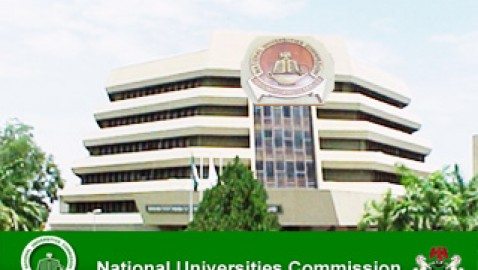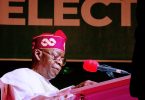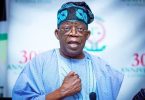The Academic Staff Union of Universities (ASUU) has expressed displeasure over the performance of the ruling All Progressives Congress (APC) since it assumed power in 2015. It also said that the roles of opposition parties are not encouraging.
The union further posited that the current political structure had failed to meet the aspirations of Nigerians, and therefore advocated the formation of a strong, viable and efficient political structure, which it said is the only way out of the present economic and social predicament.
Rising from its national executive council (NEC) meeting held at Moddibo Adama University of Technology (MAUTECH), where it reviewed the state of affairs in the country, the president, Biodun Ogunyemi, said a fresh political party, whose policies would affect the lives of the average Nigerian should be formed to displace the existing parties.
ASUU specifically carpeted the Muhammadu Buhari-led administration over its economic policies, which it said is indirectly promoting neo-liberal and neo-conservatism against the wishes of the electorate.
According to the union, “The ‘change slogan’ of the incumbent administration is a mere paper work. Nothing has changed since this government came into power in 2015.”It added that though the Nigerian Constitution amplifies welfarism in Chapter 2 as a fundamental objectives and direct principles of state policy, but lamented that this aspect of the Constitution is not the case in Nigeria.
Bringing the activities of the parent body of the Nigeria Labour Congress (NLC) into focus, ASUU said the labour congress performance has been far below expectations in leading the struggle against neo-liberal policies of the government.
ASUU stated: “The re-occurring decimal of anti-peoples policies, whereby the World Bank and the International Monetary Fund (IMF) dictate Nigeria’s economy system, inflicts a lot of hardship on the people.
“Neo-liberalism is regarded as a policy model or economic system that transfers control of economic factors to the private sector from the public sector. It takes its root from the belief, which suggests that governments must limit subsidies.
They explained that it has had several cause to draw the attention of the Nigerian people to the need to understand the nature of the basic problems facing the country, saying: “Since the 1980s our union has together with the labour movement cried out that the most crucial problems facing Nigeria are hunger chronic unemployment poverty disease and absence of social welfare.
“These are products of the inability of our rulers to deliver policies that are pro-people. Our union still maintains that democracy is not equivalent to elections, the impoverished idea that democracy is competition for votes cannot explain why the majority of Nigerians are experiencing so much hardship, joblessness, hunger, stagnant medical care, insecurity of life even after the 2015 elections.”
The union averred that the serious obstacle to democracy is not the people of Nigeria “but the ruling class. Since 1970s the ruling class has caused economic, political and social crises for the people of this country.
“It ruled Nigeria as agents of the IMF and the World Bank whose main economic doctrines are privatization of the economy social welfare (education, Medicare and transport) led by the Bretton Woods institutions.
“They have conditioned the people to expect falsely, that poverty hunger disease will be seriously wiped out after elections; the people have witnessed neither welfare nor democracy.”
The academic union said it was time for the Nigeria labour movement to lead the struggle on behalf of the people to reject both neo-liberalism and neo-conservatism and embark upon a people’s socialist construction.
“Our position is that no ruling class, party can deliver the fundamental objectives of the Nigerian state. A people’s party, party of workers, farmers, students, professionals intellectuals, unemployed Nigerians is needed to organise resistance to neo-liberalism and neo-conservatism”.
A Trustee of the Union, Dr. Dipo Fasina said, “When people talk about change we thought this government would move away from the traditional pattern by going back to the Constitution, which is the grand norm. In Chapter 8, which expressly states that education should be free at all levels, and what that demands is a total reversal of the traditional method of marginalizing education, making abysmal provision for education.
“From what we have seen so far is a continuation of the status quo and what that tells us is that probably a framework from which they are drawing, which is not original to Nigeria, because as far as we are concerned it is the Constitution that is original to Nigeria.”
Fasina, who is a former president of ASUU said, “Government would come up with policies that do not have roots in our Constitution, so what we are saying is that government should keep to the spirit and letters of the Constitution and implement the provision.
“What we expected the change should mean in the education sector, a return to the Constitution and an ideology that is derived from the constitution which talks about a situation where education and health would be provided free to the people but we have not seen that change.”








